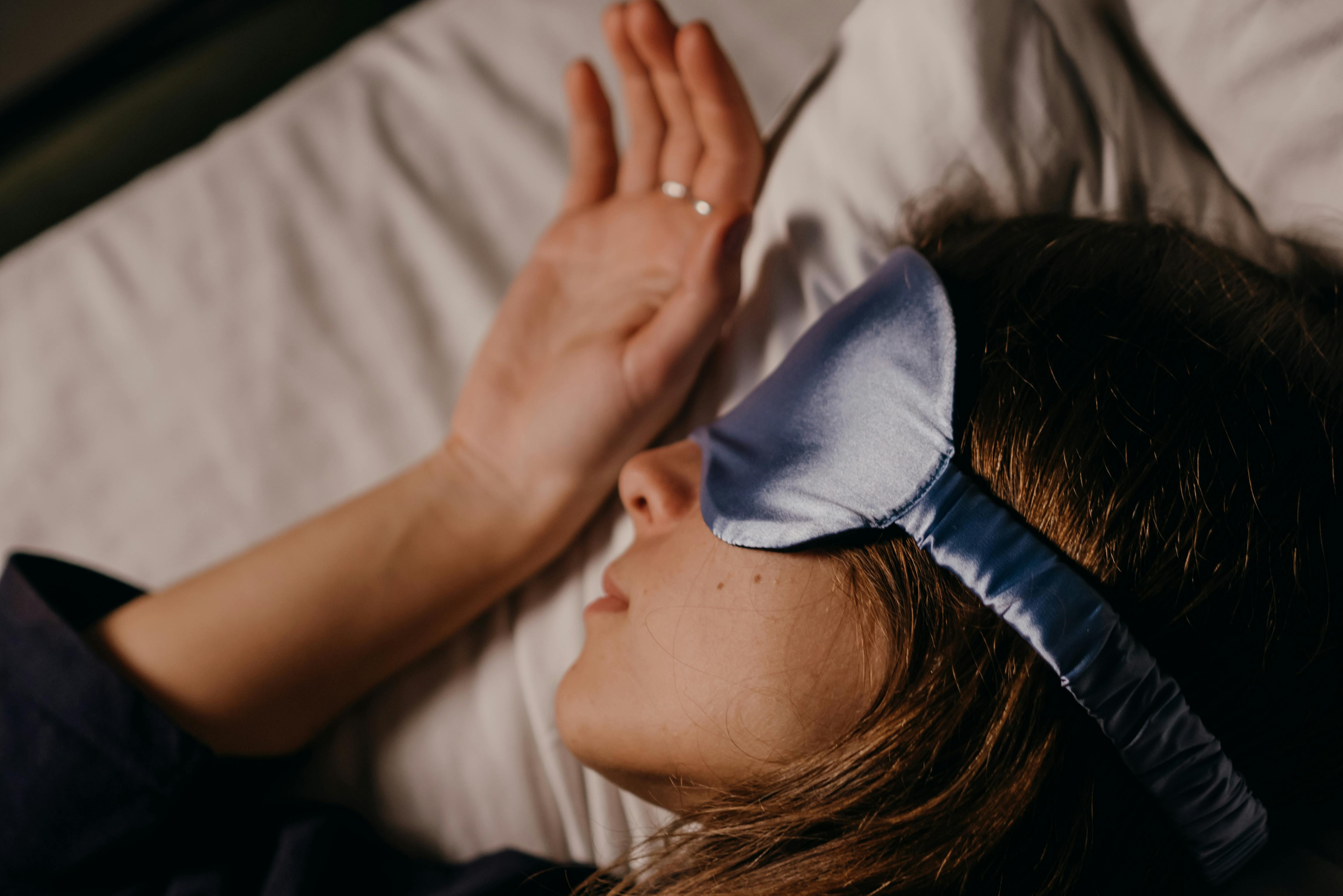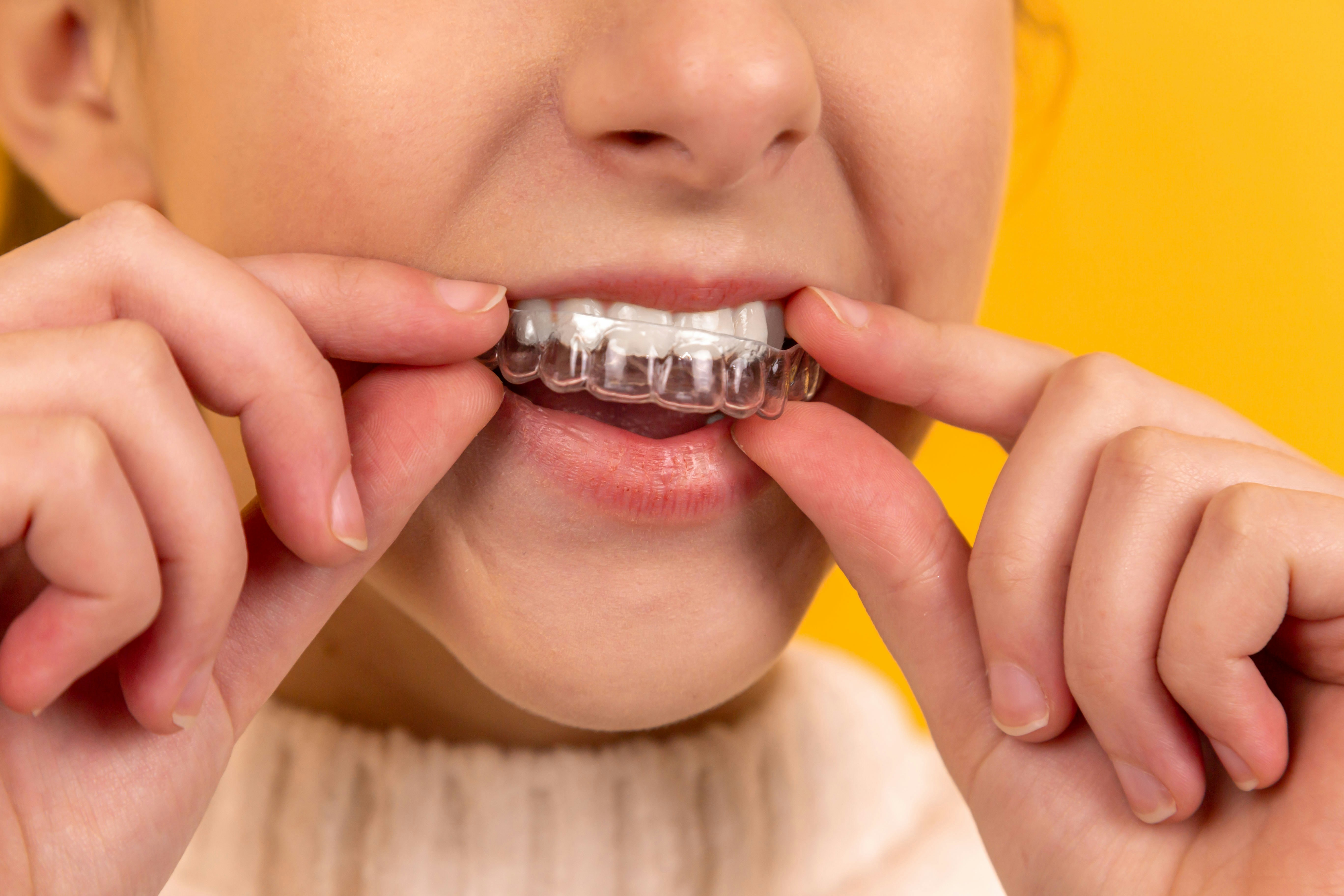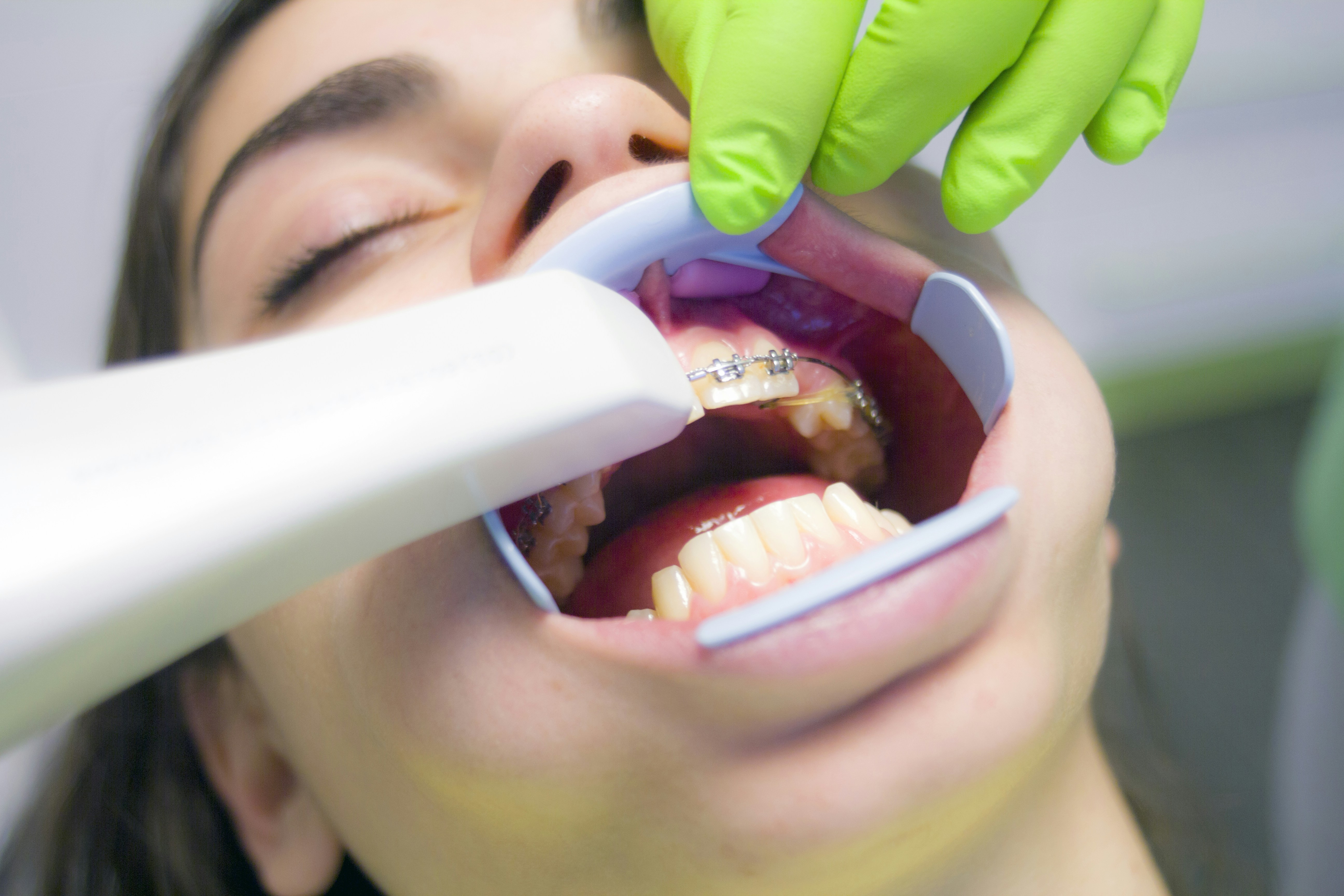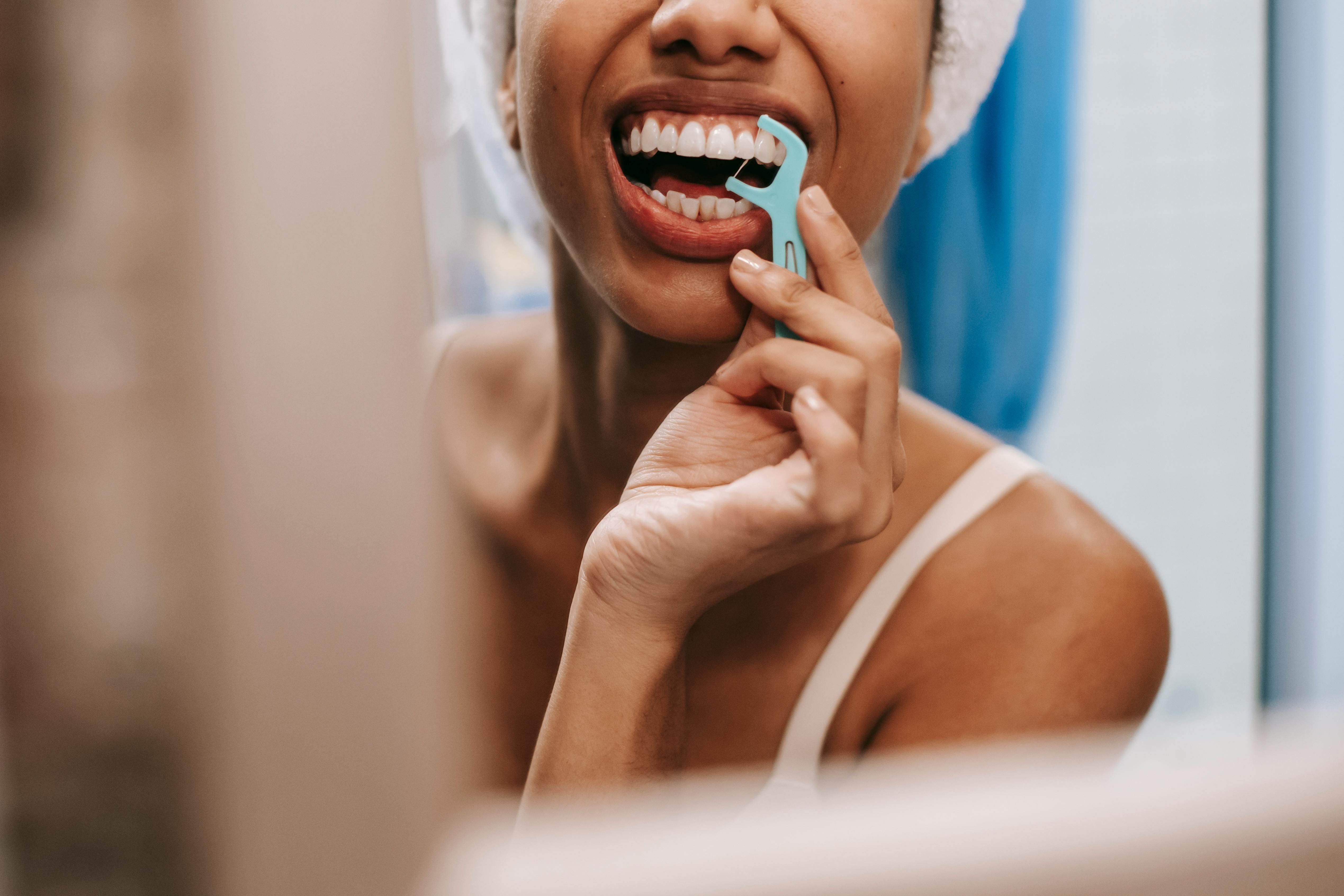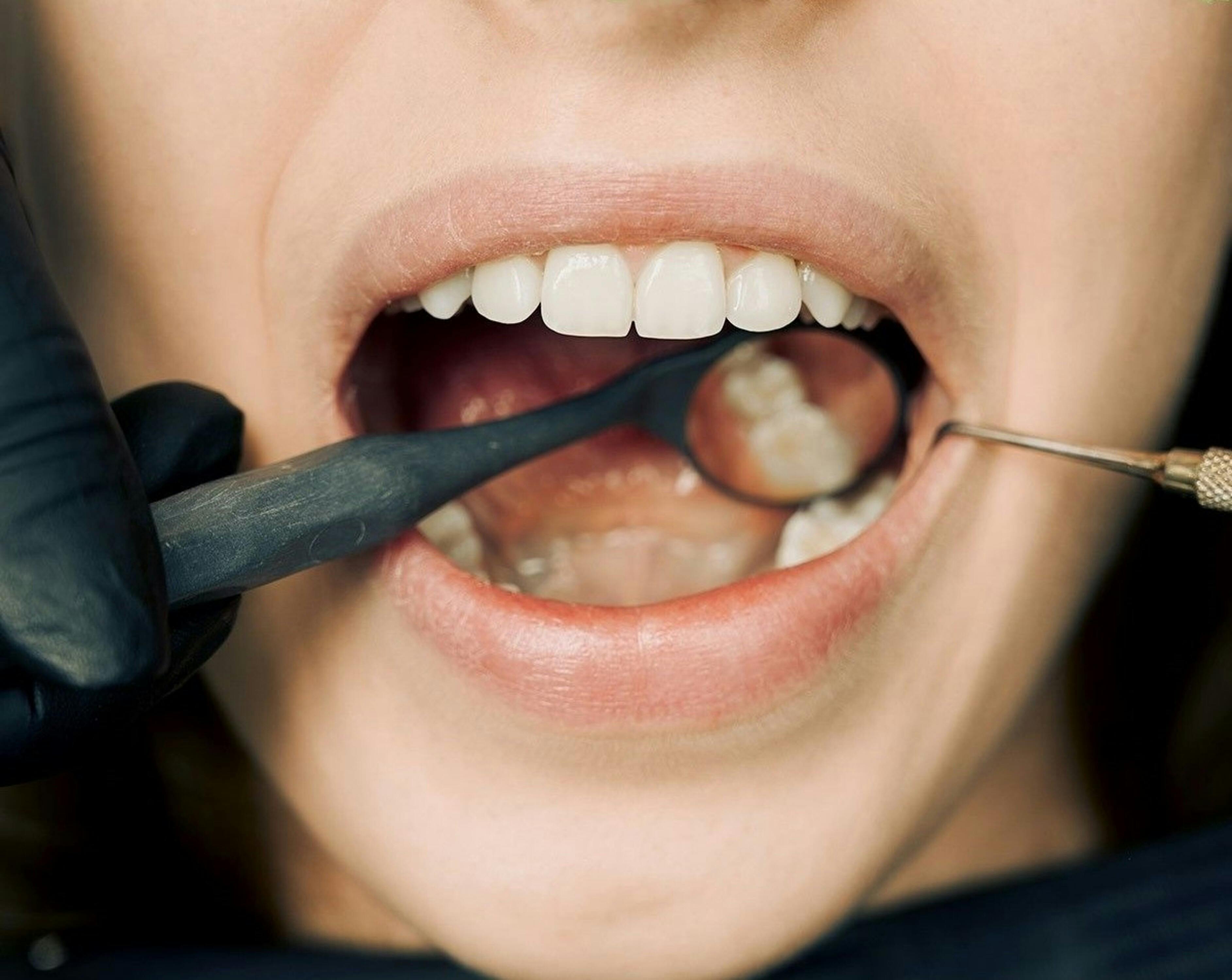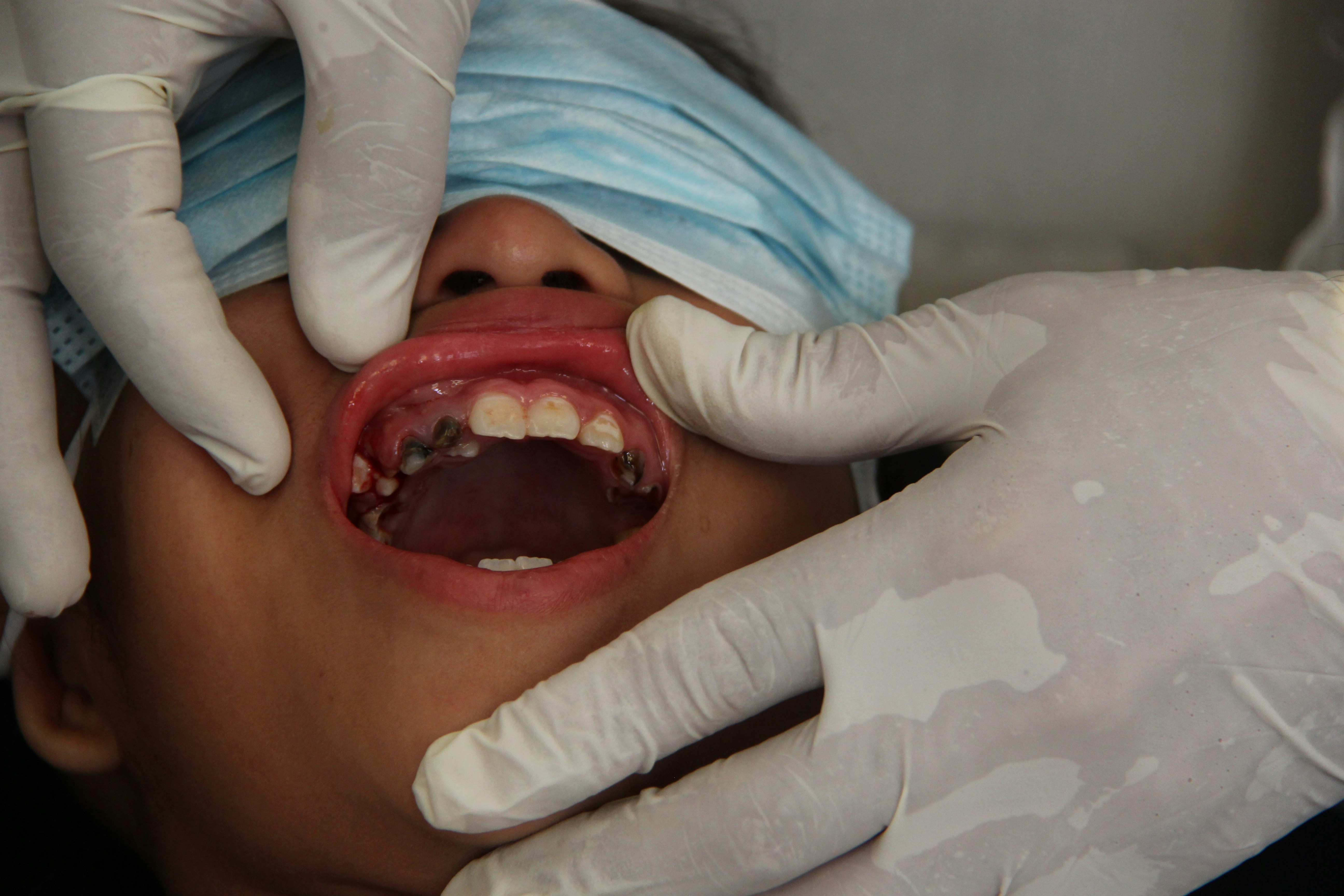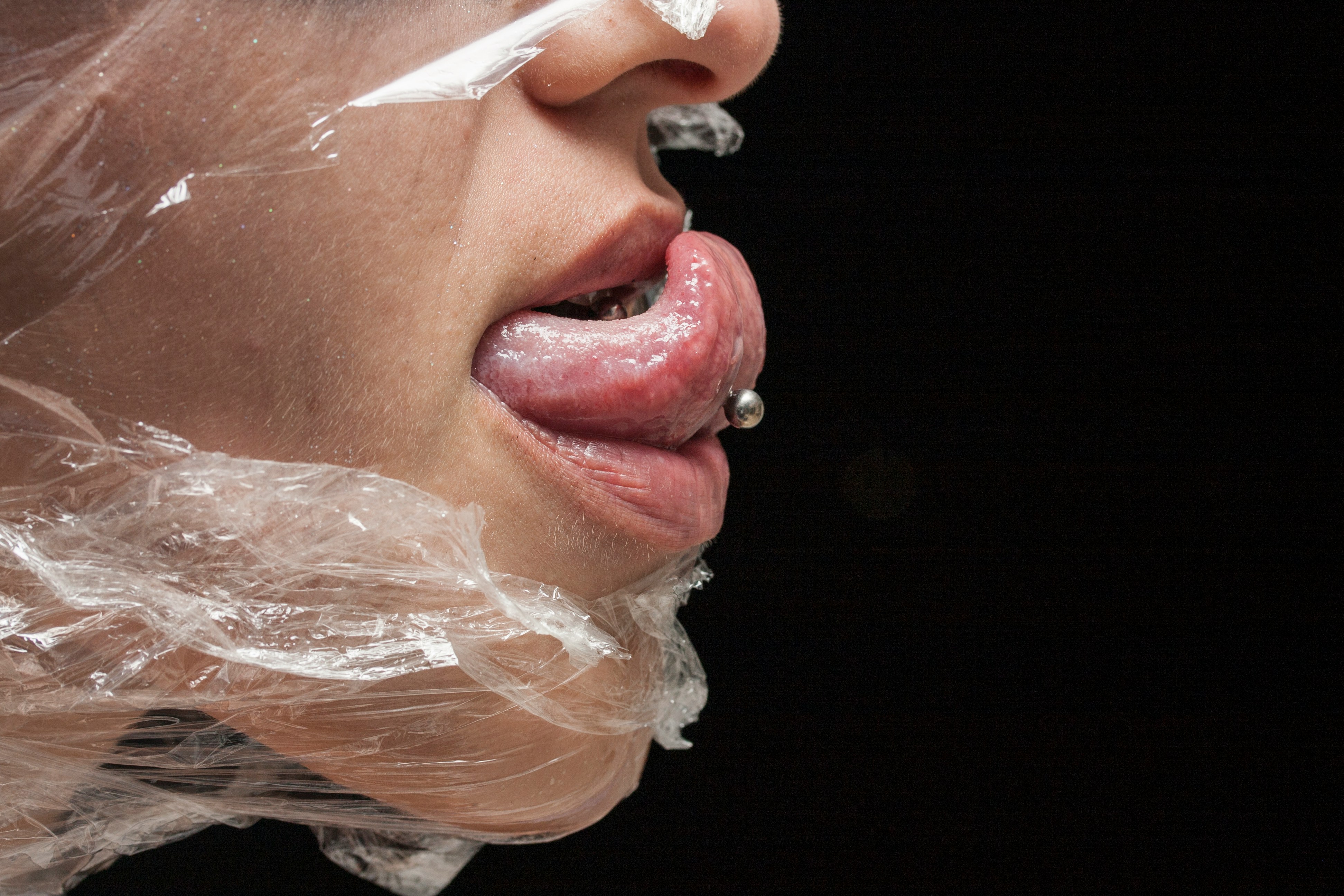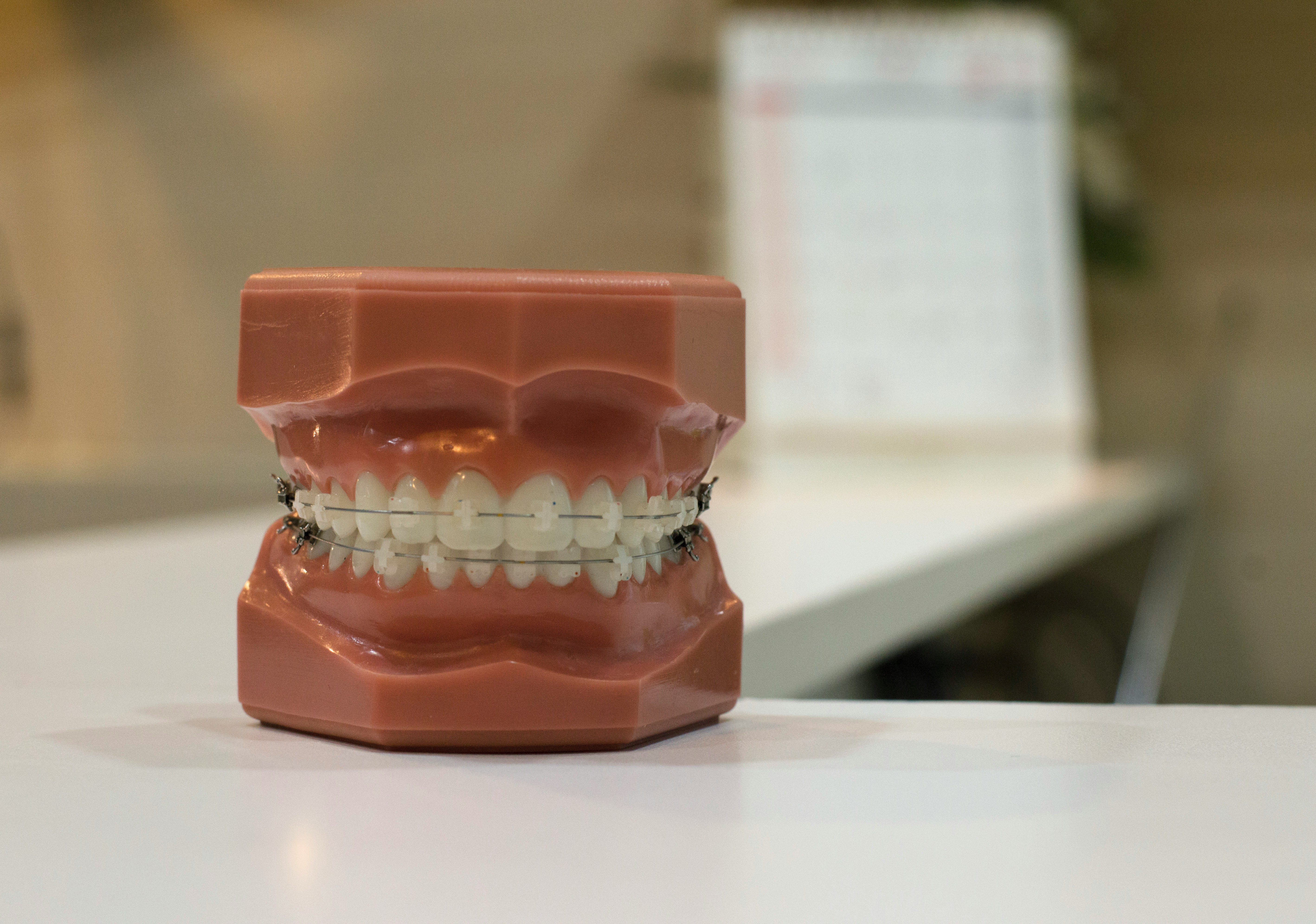How Your Sleeping Position Affects Your Oral Health
How Your Sleeping Position Affects Your Oral Health
Your pillow knows more about your health than you think.
While we often talk about brushing, flossing, and diet when it comes to oral health, your sleeping position also plays a subtle but surprisingly important role, especially if you’re already dealing with dental issues like jaw pain, snoring, or dry mouth.
Let’s break down how the way you sleep can either help or hurt your oral health.
1. Sleeping on Your Back
Best for: Neutral jaw alignment, reduced facial pressure.
Sleeping on your back allows your head, neck, and jaw to rest in a balanced position. This can reduce tension in the jaw and help if you suffer from bruxism (teeth grinding). However, if you snore or have sleep apnea, this position can cause your mouth to stay open, leading to dry mouth — a common contributor to cavities and bad breath.
2. Sleeping on Your Side
Best for: Reduced snoring and better breathing.
Side sleeping is often recommended for people with sleep apnea or those prone to snoring. It can help keep airways open — especially when combined with nasal breathing. However, long-term side sleeping, especially on one side, may lead to facial asymmetry and uneven pressure on teeth or dental appliances like retainers.
3. Sleeping on Your Stomach
Worst for: Jaw pressure, tooth grinding, facial distortion.
Stomach sleeping forces your neck into an unnatural twist and puts direct pressure on your jaw. Over time, this may worsen TMJ (temporomandibular joint) issues, increase the risk of jaw clenching, and contribute to facial misalignment. It can also affect the fit of orthodontic appliances or increase discomfort if you’ve had recent dental work.
4. Mouth Breathing During Sleep
Whether due to position, congestion, or habit, sleeping with your mouth open causes dry mouth, which:
- Reduces saliva flow
- Increases risk of plaque buildup and tooth decay
- Contributes to bad breath and gum irritation
It’s not just unpleasant — it’s a red flag. Chronic mouth breathing can also impact children’s jaw development and dental alignment.
What Can You Do?
- Use an orthopedic pillow to support proper neck and jaw alignment
- Consult a dentist if you grind your teeth or experience morning jaw pain
- Practice nasal breathing and address congestion that may cause mouth breathing
- Avoid sleeping on your stomach, especially if you wear a night guard or retainer
Sleep Smart, Smile Bright
Oral health doesn’t rest — even when you do. The way you sleep can influence everything from your bite to your breath. At Gargi’s Dental Care in Kolkata, we look beyond your brushing habits to help you build healthy routines that support your teeth 24/7.
Book your dental check-up today and get personalised advice on managing bruxism, dry mouth, or sleep-related oral issues.
Visit www.gargisdentalcare.com to schedule an appointment.
